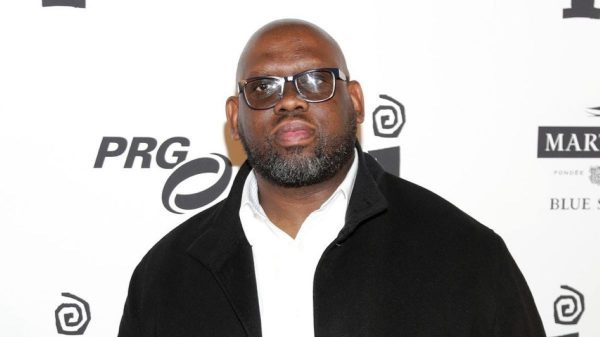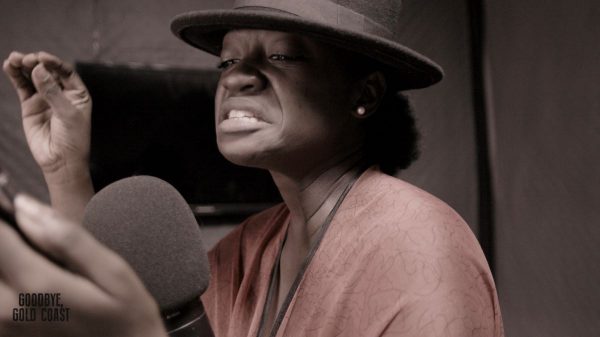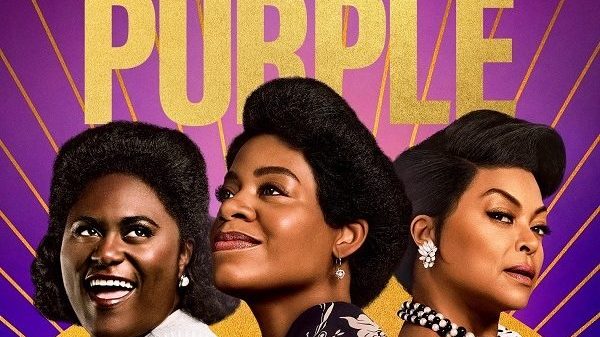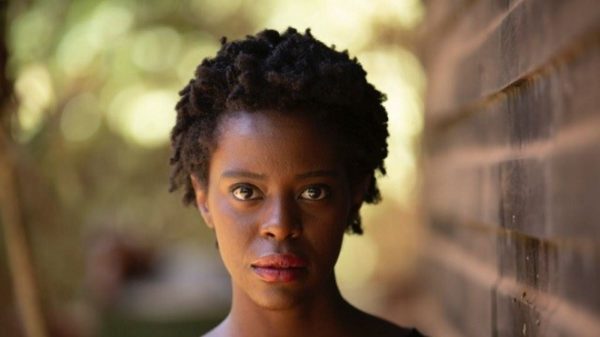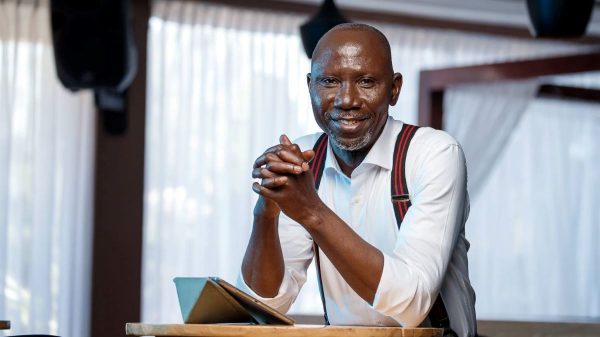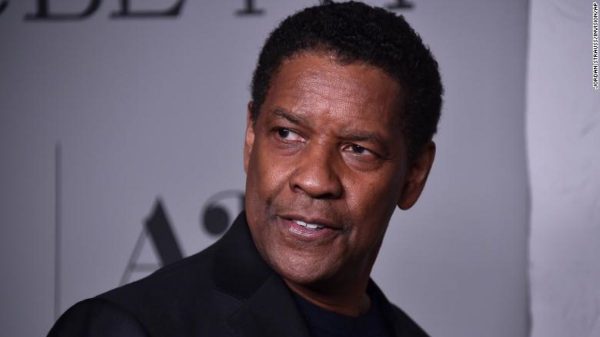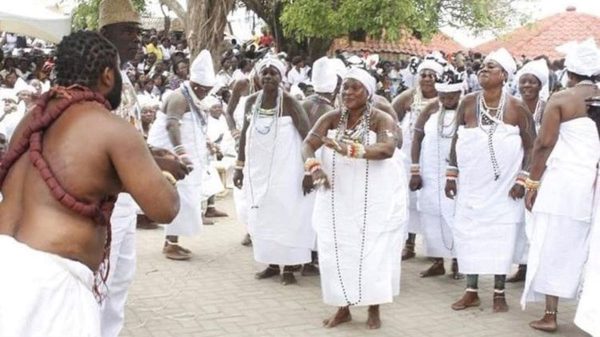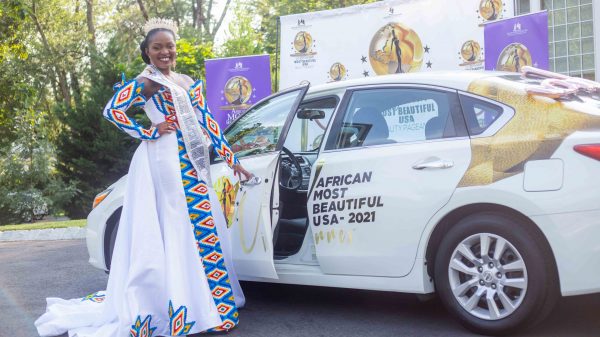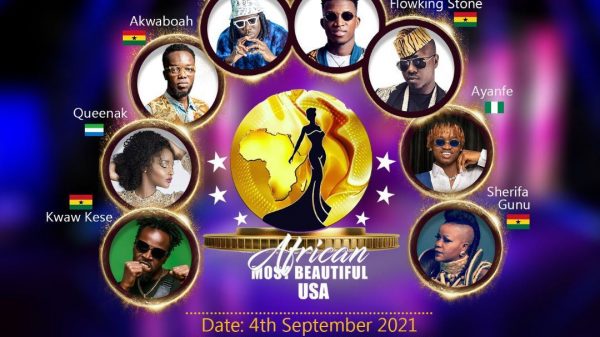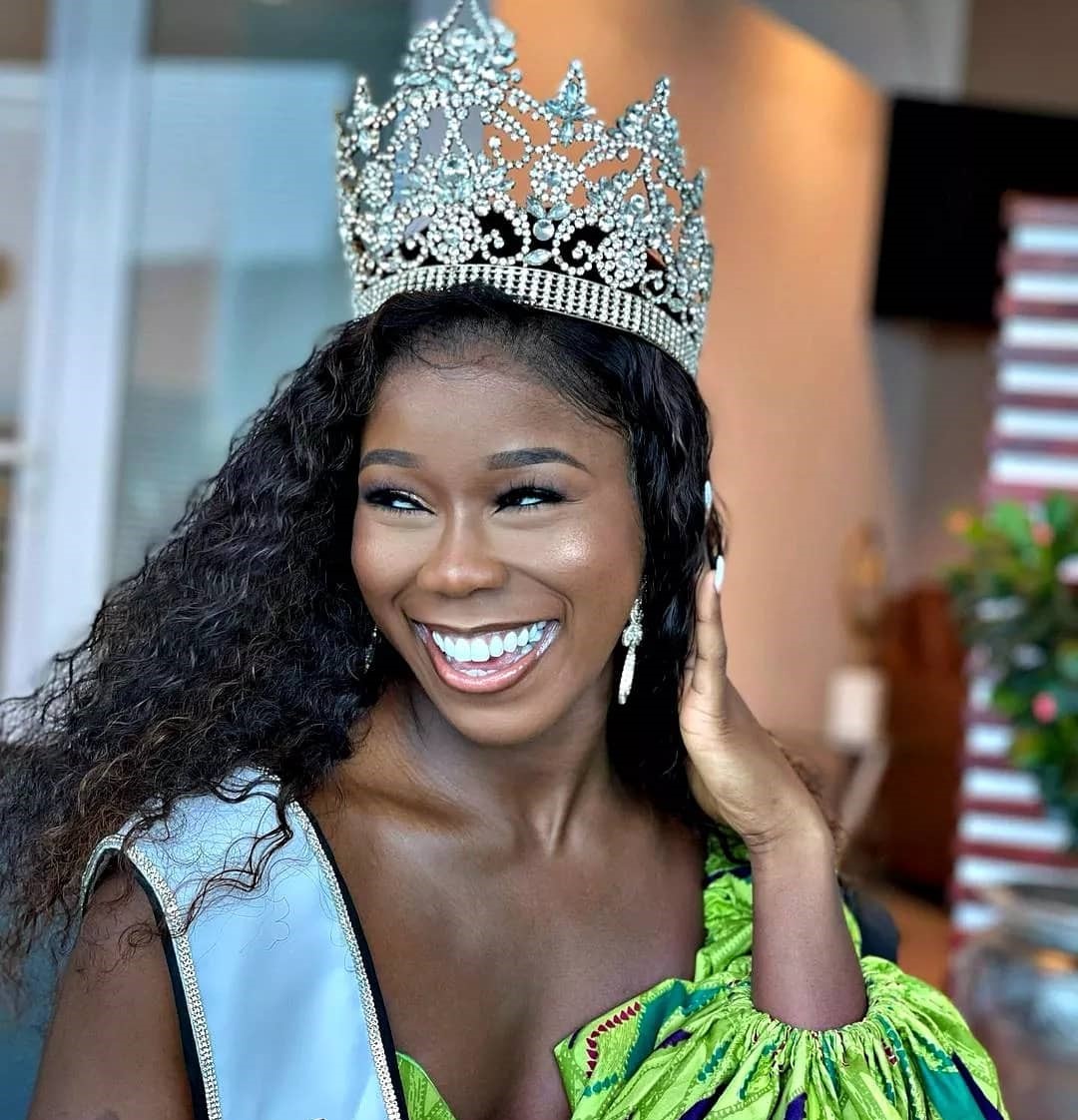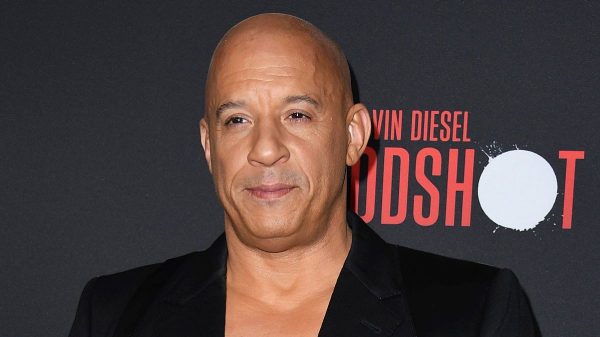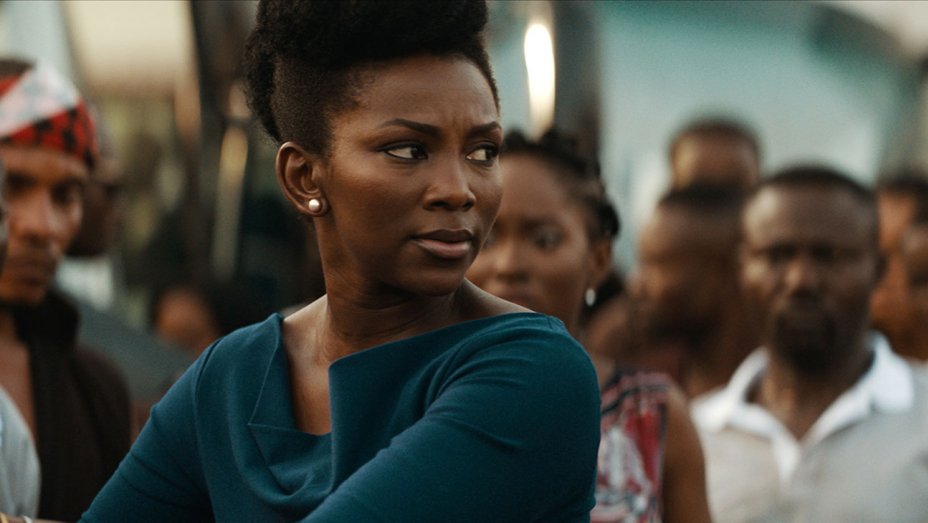Nigeria’s hopes of earning its first Oscar nomination were cut short today after the academy disqualified Genevieve Nnaji’s directorial debut, Lionheart from consideration in the Best International Feature Film category, The Wrap reports.
According to the Academy the film does not meet the language requirement necessary for inclusion in the category since it was filmed mostly in English. Despite the film having some Igbo parts, an Academy rule—which states that films must have “a predominantly non-English dialogue track” in order to be considered for the category—makes it ineligible.
The Academy explained that, nominees in its Best International Feature Film Category must “have a predominately non-English dialogue track,” and ‘Lionheart’ despite being an unmistakably Nigerian film, doesn’t fit the bill.
The decision comes as a disappointment considering it was Nigeria’s first ever entry to the Oscars and it was one of the record-breaking 29 films out of 93 originally submitted this year that were directed by women. There were a record-breaking 10 films from the continent submitted this year, including Senegal’s Atlantics and Ghana’s Azali.
According to a report from The Wrap, it seems the film may have been disqualified before voters in the Best International Feature Film category ever even got a chance to see it. The film was reportedly supposed to screen for voters on Wednesday, before the news of its disqualification was announced via email on Monday.
To many observers online, the decision further highlights the outmoded ways of the Academy, which has consistently drawn backlash for its prioritization of films with predominantly white casts and directors. Movies from outside of the US and Europe are underrepresented and jumbled into the vague “Best International Feature Film” category. It’s also worth noting that the category was previously called “Best Foreign Language Film,” before it was changed to “Best International Feature Film” earlier this year.
Many have also pointed out that despite Lionheartbeing primarily In English, the film is unmistakably Nigerian. To deem it not culturally-specific enough is to essentially ignore the country’s complex history of colonialism and the fact that many Nigerians speak English as a primary language because of it. In fact, it’s the country’s official language, as writer and editor Britni Danielle pointed out on Twitter.
The Academy’s decision also points to a Western need for cultural productions from elsewhere in the world to fit a certain definition of “foreign” or “exotic” in order to prove their authenticity. It’s almost as if the Academy felt the film’s perceived familiarity invalidated its right to call itself Nigerian.
The news of Lionheart becoming Nigeria’s first Oscar submission was originally met with widespread excitement that is now being dimmed by news of its early disqualification.
Nnaji took to Twitter following the announcement, to respond to the film’s exclusion, writing “I am the director of Lionheart. This movie represents the way we speak as Nigerians. This includes English which acts as a bridge between the 500+ languages spoken in our country; thereby making us #OneNigeria.
In another tweet she added, “It’s no different to how French connects communities in former French colonies. We did not choose who colonized us. As ever, this film and many like it, is proudly Nigerian.”





